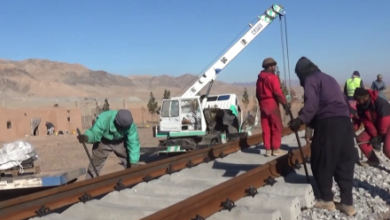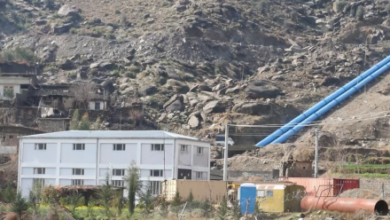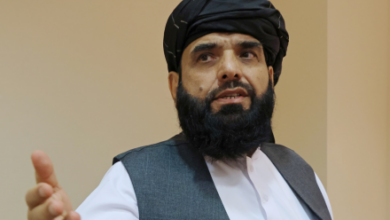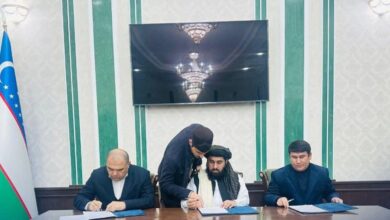Iran Ready to Cooperate in Combating Counter-Narcotics: Qomi
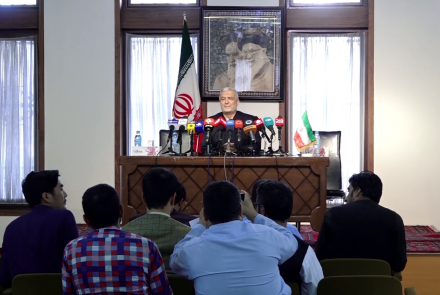
Hassan Kazemi Qomi, Iran’s special representative and ambassador in Kabul, stated in the first meeting of the UN Working Group on Counter-Narcotics that Iran is prepared to assist Afghanistan in this area.
Qomi added that the issue of drug trafficking is directly linked to political stability, economic conditions, and infrastructure development in Afghanistan. He emphasized that addressing these issues through a comprehensive approach is the only way to achieve sustainable results.
He said: “Iran will actively participate in advancing regional projects in Afghanistan and is ready to cooperate.”
“The aim of this committee is to create coordination to establish alternative livelihoods for Afghans so that we can take firm steps to combat this international and regional phenomenon,” said Sayed Akbar Sial Wardak, a political analyst.
The online meeting of the UN Working Group on Counter-Narcotics, which followed recommendations from the third Doha meeting, was held yesterday with the participation of representatives from the United Nations, Iran, Russia, Pakistan, Qatar, and the United States.
The Qatari Ministry of Foreign Affairs also announced in a statement that the meeting discussed strategies to address the needs of the Afghan people and deliberated on the functioning of the UN Working Group on Counter-Narcotics.
The Qatari Foreign Ministry’s statement read: “The meeting discussed a road-map for addressing the needs of the Afghan people.”
“A large gathering of the involved countries must take place, especially those capable of providing financial assistance to Afghanistan. Cooperation is needed in the economic, agricultural, and political sectors,” said Janat Faheem Chakari, a political analyst.
Yesterday, the United Nations Assistance Mission in Afghanistan (UNAMA) announced that this working group was formed based on an independent assessment submitted to the UN Security Council.
UNAMA described the first meeting of the Working Group on Counter-Narcotics as part of efforts to engage more effectively with the interim government officials of Afghanistan on critical issues concerning the Afghan people.
